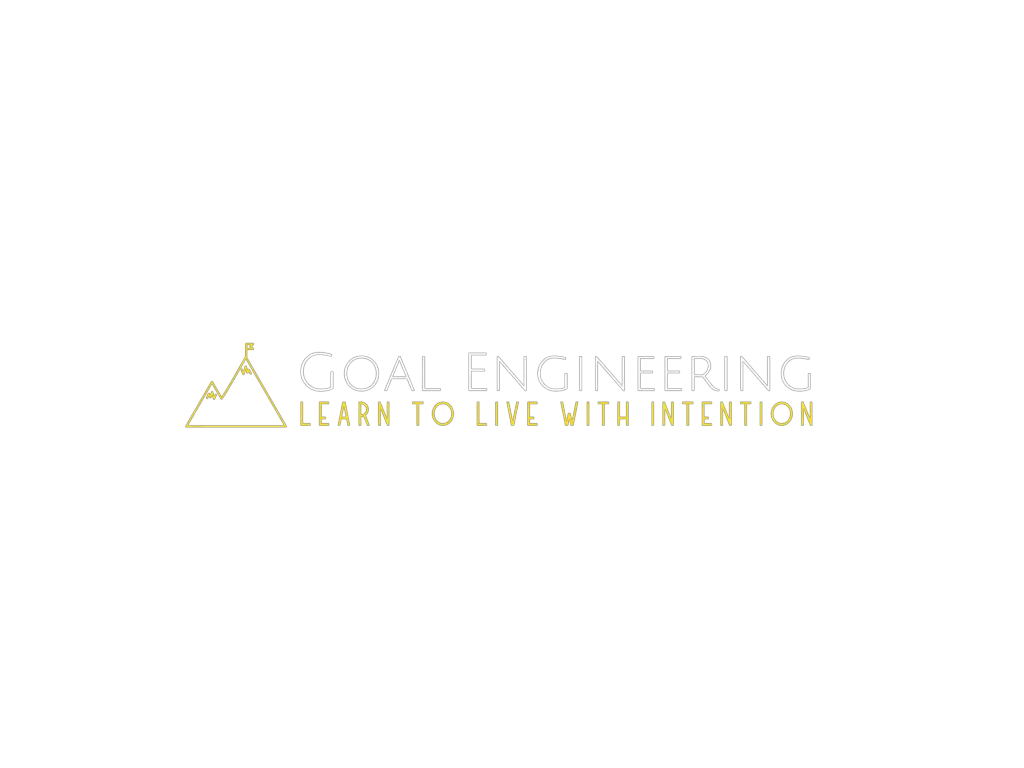You’ve got big ambitions that require everything in your power and more to achieve. It’s exciting to think about what you can accomplish. But this can blind you to mistakes in the goal-setting process that can completely derail you unless you’re prepared. That’s why you need to learn to recognize the signs of unrealistic goals and expectations.
You might have unrealistic goals or unrealistic expectations if you:
- Expect perfection
- Have too many goals
- Ignore your limitations
- Focus only on outcomes
- Compare yourself to others
- Don’t account for past failures
- Set overambitious timeframes
- Ignore what’s worked for others
- Don’t have specific outcomes for your goals
By learning to recognize these you’ll save yourself from the overwhelm, frustration, and disappointment that comes from having unrealistic goals.
And even better, you’ll significantly increase your chances that you’ll achieve your goals.
Today we’ll just get into the biggest three signs that your goals and expectations are unrealistic. Let’s get to it!
1. You’re Trying to Accomplish Big Goals too Quickly
“Don’t let the fear of the time it will take to accomplish something stand in the way of your doing it. The time will pass anyway; we might just as well put that passing time to the best possible use.” — Earl Nightingale
Consider two scenarios:
- Jack wants to run a marathon but he’s never even completed a 5K. He hasn’t been exercising regularly for years. But he doesn’t think it will be that hard so he signs up for a race in just six months.
- Stacy also wants to run a marathon but she knows that she’s out of shape. She’s never really been an athlete and hasn’t been on a run since gym class in high school. She takes this all into account and gives herself two years to work up to running a marathon.
Jack’s situation is an example of an unrealistic goal because he’s got an impractical timeline. Stacy, on the other hand, sets a reasonable enough timeline that accounts for where she is right now.
In the same way, if you’re trying to grow too fast, you’ve got an unrealistic goal and you need to adjust your expectations. It’s all about where you start and how much growth is reasonable for where you are right now.
With some goals, though, you’ll find that as you start, you take to it much faster than you thought you might. This is rare, but when it happens, be prepared to go after your goals a little more quickly.
Most of the time, however, you need to lengthen your timeline rather than shorten it. Instead of saying you’ll have a successful business in one year, make it more reasonable by going after this goal in five years, for example.
And if you aspire to achieve something less measurable, like improving your attitude or your relationship with your significant other, just take it one quarter at a time and celebrate any successes you get.
2. You’re Comparing Your Beginning to Someone Else’s Middle
“Don’t compare your beginning to someone else’s middle, or your middle to someone else’s end. Don’t compare the start of your second quarter of life to someone else’s third quarter.” ― Jon Acuff
Whether you’re trying to build a successful YouTube channel or get fit, there will always be somebody who is ahead of you. They might have more strength, money, or followers.
These are the kind of people you should be looking to as an example. You can learn a lot from them.
But if you find yourself comparing your journey to theirs and you’re trying to be like them where they are right now, then you’ve got unrealistic goals.
Take Jimmy Donaldson, better known as MrBeast, for example. If a new YouTuber tried to make videos on the scale he did, their unrealistic goal would quickly bring overwhelm and disappointment.
It would be better to look at his first video and get inspired by how far he came just by following the process.
To beat the kind of comparison that comes from having unrealistic expectations, focus on becoming consistent, content, and committed to the journey.
Your mind sees the amazing things that others do and thinks that you can just go for it right away. But you’re not ready for the next level.
Success only comes when you stick with your goals for a long time. And that can’t happen if you’re expecting too much of yourself for where you’re at.
You should be spending great effort at the beginning of each goal to make sure it’s the right goal and in creating a solid plan. Then, you must take every measure possible to keep acting on your plan until you reach your goal.
Click here to learn more about how to achieve your big goals without getting overwhelmed.
3. You Have Too Many Goals
“Get a move on…don’t worry whether anyone will give you credit for it. And don’t go expecting Plato’s Republic; be satisfied with even the smallest progress.” — Marcus Aurelius
A few years ago I was talking with a friend in December and the topic of New Year’s Resolutions came up. I asked what theirs were and I was shocked at how many they listed off.
They had over a dozen commitments, many of which seemed impossibly ambitious to me. I knew there was no way they’d get these all done.
And sadly, when it came to the end of the year, they’d completely forgotten about all of these goals.
The unrealistic number of goals they had made them completely fail all of their goals.
If you have a lot of goals, you’ve got unrealistic expectations. My general rule is that you should have no more than four major commitments at any time.
That’s because you can really only make significant progress on one goal in each of the main four areas of life:
- Spiritual
- Social
- Financial
- Fitness
You can learn more about these areas of life and how to set the right goals in each one in this post.
I’ve been setting goals like this for almost 20 years now. Each year since I started I’ve narrowed down my goals to just four major commitments that I want to stick to for the whole year.
In the beginning, when I set a lot of goals at once, I’d get overwhelmed and not accomplish most of them.
But by setting fewer goals I’ve learned to focus only on what’s most important. And because of that, I often accomplish much more than I think is possible.
Wrapping Up
To summarize what we’ve gone over, here are the main signs that you’ve got unrealistic goals and expectations:
- You’re disappointed in your progress because you’re a perfectionist
- You attempt to reach your goals too quickly
- You’re wasting time comparing yourself to others and trying to live up to their standards
If you recognize any of these in yourself, it’s time to adjust your goals. You can:
- Be grateful for the journey and enjoy the process whether or not you succeed
- Double your timeline or cut your goal in half
- Learn from those ahead of you and stick to your plan





